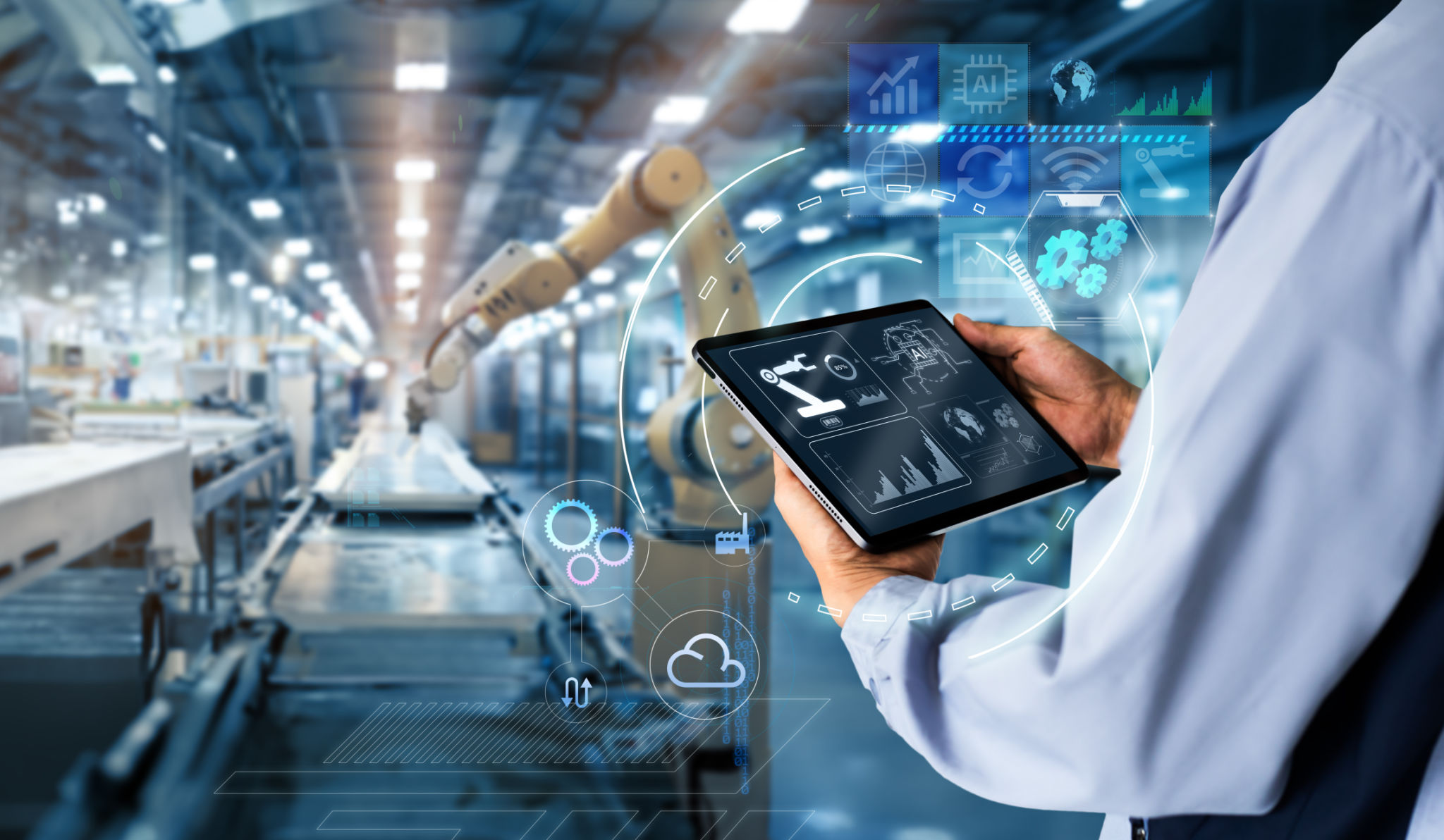The Future of Industrial Automation: Trends and Predictions
Introduction to Industrial Automation
As we advance deeper into the 21st century, industrial automation continues to revolutionize the manufacturing sector. The integration of cutting-edge technology and innovative processes is driving efficiency, productivity, and safety. This transformation is not just a trend; it represents the future of industrial operations.
Industrial automation is streamlining processes and reducing human error, allowing businesses to optimize their operations. As technology evolves, so does the potential for even greater advancements in automation.

Emerging Technologies in Automation
The rise of new technologies is significantly impacting industrial automation. Artificial Intelligence (AI) and machine learning are at the forefront, enabling systems to adapt and improve over time without human intervention. This capability is crucial for predictive maintenance, which can minimize downtime and reduce costs.
Another technology making waves is the Internet of Things (IoT). By connecting machines and devices, IoT allows for real-time monitoring and data collection, providing insights that can lead to more informed decision-making. This connectivity is essential for creating smart factories of the future.

Shifts in Workforce Dynamics
With the rise of automation, the industrial workforce is experiencing significant changes. While some fear job losses, automation also creates new opportunities for skilled workers. There is an increasing demand for roles in programming, system management, and data analysis.
Companies are investing in training and reskilling programs to prepare their employees for this shift. By equipping workers with the necessary skills, businesses can ensure a smooth transition into more automated environments.

Environmental Impact and Sustainability
Sustainability is becoming a core focus in industrial automation. Automated systems are being designed to reduce waste and energy consumption, contributing to more environmentally friendly manufacturing processes. Technologies like AI can optimize energy use and enhance resource management.
This focus on sustainability is not only beneficial for the environment but also for companies' bottom lines. By reducing waste and improving efficiency, businesses can achieve cost savings while promoting eco-friendly practices.
Challenges and Considerations
Despite its benefits, the shift towards industrial automation presents several challenges. Cybersecurity remains a significant concern as more systems become connected to the internet. Protecting sensitive data and ensuring the integrity of operations are top priorities for companies investing in automation.
Moreover, the initial cost of implementing advanced automation technologies can be substantial. Companies must carefully consider their return on investment when adopting new systems. Strategic planning and phased implementation can help mitigate these financial challenges.
The Road Ahead
The future of industrial automation holds immense potential for growth and innovation. As technologies continue to evolve, they will unlock new possibilities for efficiency and productivity in industries worldwide. Companies that embrace these advancements will be better positioned to compete in an increasingly automated global market.
In conclusion, while challenges exist, the benefits of industrial automation are too significant to ignore. By staying informed about trends and preparing for changes, businesses can harness automation's full potential and pave the way for a more efficient, sustainable future.